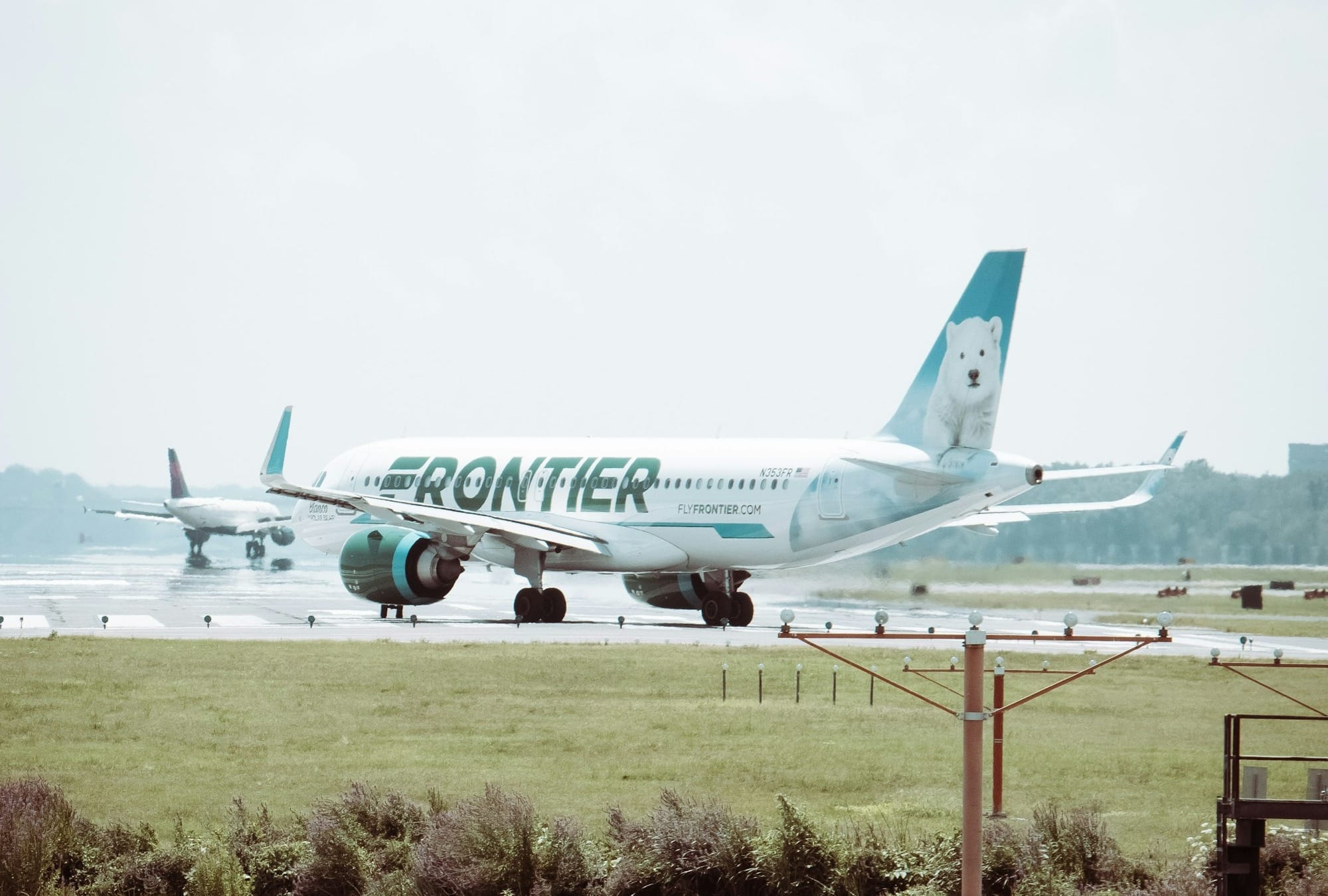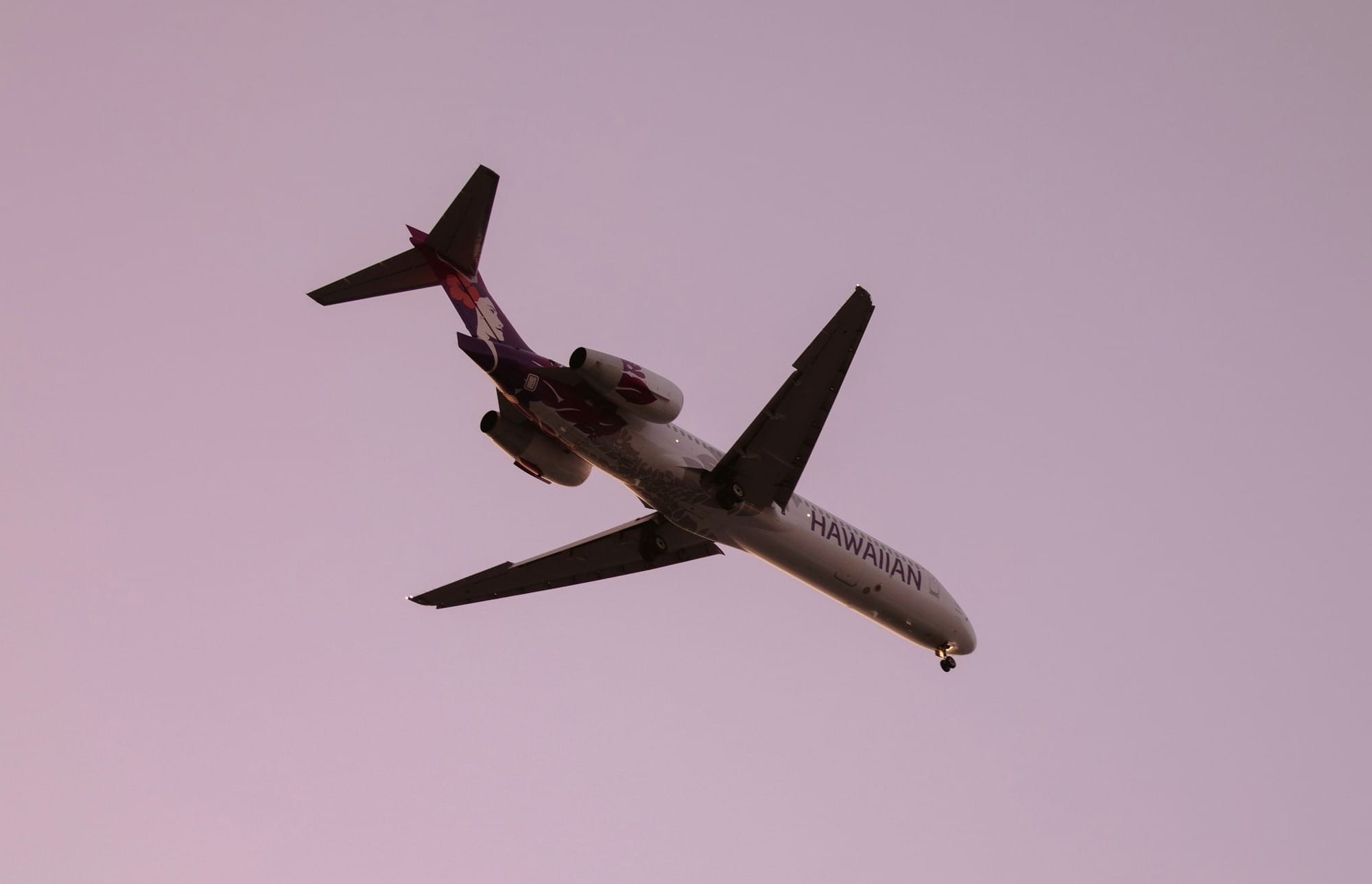France to Increase Airline Taxes on Premium Tickets to Fund Railway Infrastructure
The French government has announced plans to increase airline taxes on premium tickets as part of a broader initiative to fund and promote railway infrastructure and services.

France to Increase Airline Taxes on Premium Tickets to Fund Railway Infrastructure
Key Takeaways:
- France plans to increase taxes on first-class and business-class airline tickets.
- The additional revenue will fund railway infrastructure and services.
- The initiative aims to reduce carbon emissions and promote sustainable transportation.
Introduction
The French government has announced plans to increase airline taxes on premium tickets as part of a broader initiative to fund and promote railway infrastructure and services. This move, revealed on July 10, 2024, by French Transport Minister Clément Beaune, aims to address environmental concerns and improve domestic transportation options while generating additional revenue for the country's rail network.
Details of the Tax Increase
The proposed tax increase will primarily target first-class and business-class airline tickets for both domestic and international flights departing from French airports. The government estimates that this measure could generate an additional €400 million annually, which would be directly allocated to railway development and maintenance projects.
Minister Beaune stated, "This initiative aligns with our commitment to reducing carbon emissions and promoting more sustainable modes of transportation. By increasing taxes on premium air travel, we can invest in our rail infrastructure, making train journeys more attractive and accessible to all French citizens."
Strategic Focus on Premium Tickets
The decision to focus on premium tickets is strategic, as it aims to minimize the impact on budget travelers while tapping into a segment of the market that is generally less price-sensitive. The government argues that passengers who can afford premium air travel are more likely to absorb the additional costs without significantly altering their travel behavior.
Implementation Phases
Under the proposed plan, the tax increase would be implemented in two phases:
- Starting January 1, 2025: A 10% increase in taxes on first-class and business-class tickets for domestic flights within France.
- From July 1, 2025: An additional 5% increase on premium tickets for international flights departing from French airports.
Environmental and Economic Context
The French government's decision comes amid growing concerns about the environmental impact of air travel and the need to promote more sustainable transportation options. According to the European Environment Agency, aviation is one of the fastest-growing sources of greenhouse gas emissions in the European Union, with emissions from flights within the EU increasing by 29% between 2013 and 2019.
This move is part of a broader European trend towards addressing the environmental impact of air travel. In 2019, France introduced an "eco-tax" on all flights departing from French airports, ranging from €1.50 for economy-class tickets on domestic and European flights to €18 for business-class tickets on flights outside the EU. The new tax increase on premium tickets would be in addition to this existing eco-tax.
Industry and Environmental Reactions
The airline industry has expressed concerns about the potential impact of these increased taxes on their operations and competitiveness. The International Air Transport Association (IATA) has warned that such measures could harm the aviation sector's recovery from the COVID-19 pandemic and potentially lead to job losses.
Alexandre de Juniac, IATA's Director General and CEO, commented, "While we understand the government's environmental objectives, we believe that investing in sustainable aviation fuels and new technologies would be a more effective approach to reducing aviation's carbon footprint without damaging the sector's economic contributions."
However, environmental groups and rail advocates have welcomed the government's decision. Greenpeace France spokesperson Marie Toussaint stated, "This is a step in the right direction. By making air travel more expensive, especially for luxury segments, we can encourage more people to choose trains for their journeys, which have a significantly lower carbon footprint."
Support from the Railway Sector
The French national railway company, SNCF, has expressed support for the initiative. SNCF CEO Jean-Pierre Farandou said, "This additional funding will allow us to accelerate our modernization efforts and expand our high-speed rail network, making train travel an even more attractive option for both domestic and international travelers."
Planned Railway Projects
The government plans to use the additional revenue from the increased airline taxes to fund several key railway projects, including:
- Expanding the high-speed TGV network to connect more medium-sized cities.
- Modernizing existing rail infrastructure to improve reliability and reduce travel times.
- Investing in new rolling stock to increase capacity and enhance passenger comfort.
- Developing cross-border rail connections with neighboring countries to promote international train travel as an alternative to short-haul flights.
Alignment with European Goals
France's focus on promoting rail travel aligns with the European Union's broader goals of creating a more integrated and sustainable transportation network across the continent. The European Commission's "Sustainable and Smart Mobility Strategy," unveiled in December 2020, aims to significantly increase high-speed rail traffic and develop a fully operational, multimodal Trans-European Transport Network (TEN-T) for sustainable and smart transport by 2050.
Potential for a Europe-Wide Aviation Fuel Tax
The French government's plan has also reignited discussions about the potential for a Europe-wide tax on aviation fuel. Currently, jet fuel is exempt from taxation in the EU due to international agreements, but there is growing pressure to reconsider this policy as part of efforts to reduce carbon emissions from the transport sector.
Criticisms and Defense of the Policy
While the proposed tax increase on premium airline tickets has garnered significant support, it has also faced criticism from various quarters. Some economists argue that the measure may not be as effective in reducing carbon emissions as hoped, as it primarily targets a segment of travelers who may be less sensitive to price changes.
Dr. Elisabeth Isaksson, a climate policy expert at the Stockholm Environment Institute, commented, "While any measure that encourages a shift from air to rail travel is welcome, focusing solely on premium tickets may limit the overall impact on emissions reduction. A more comprehensive approach that addresses all segments of air travel and invests in sustainable aviation technologies might be more effective in the long run."
The French government has defended its approach, arguing that it strikes a balance between environmental goals and economic considerations. Minister Beaune emphasized, "By targeting premium tickets, we can generate significant revenue for rail investment without placing an undue burden on budget travelers or severely impacting the aviation industry's recovery."
Conclusion
France's decision to raise airline taxes on premium tickets to fund railway development represents a bold step towards promoting more sustainable transportation options. While the move has been met with mixed reactions, it underscores the growing urgency to address the environmental impact of air travel and invest in alternative modes of transport. As the policy unfolds in the coming years, its effectiveness in reducing emissions, improving rail infrastructure, and shifting travel behaviors will be closely scrutinized, potentially setting a precedent for similar initiatives across Europe and beyond.
Q&A Section
Q: What is the main goal of the French government's new tax initiative? A: The main goal is to fund and promote railway infrastructure and services, reduce carbon emissions, and improve domestic transportation options.
Q: Who will be affected by the new airline tax increase? A: The tax increase will primarily target first-class and business-class airline tickets for both domestic and international flights departing from French airports.
Q: How much additional revenue is expected to be generated by this tax increase? A: The government estimates that the measure could generate an additional €400 million annually.
Q: What are the planned phases for implementing the tax increase? A: The tax increase will be implemented in two phases: a 10% increase on domestic flights starting January 1, 2025, and an additional 5% increase on international flights starting July 1, 2025.
Q: How does this initiative align with broader European goals? A: The initiative aligns with the European Union's goals of creating a more integrated and sustainable transportation network, as outlined in the "Sustainable and Smart Mobility Strategy."
Q: What are some criticisms of the new tax policy? A: Critics argue that the measure may not significantly reduce carbon emissions as it targets a segment of travelers who may be less sensitive to price changes. Some suggest a more comprehensive approach that includes all segments of air travel and investments in sustainable aviation technologies.
Q: How has the airline industry reacted to the proposed tax increase? A: The airline industry has expressed concerns about the potential impact on their operations and competitiveness, warning that it could harm the sector's recovery from the COVID-19 pandemic and lead to job losses.
Q: What are the planned railway projects to be funded by the additional revenue? A: The additional revenue will fund projects such as expanding the high-speed TGV network, modernizing existing rail infrastructure, investing in new rolling stock, and developing cross-border rail connections.







